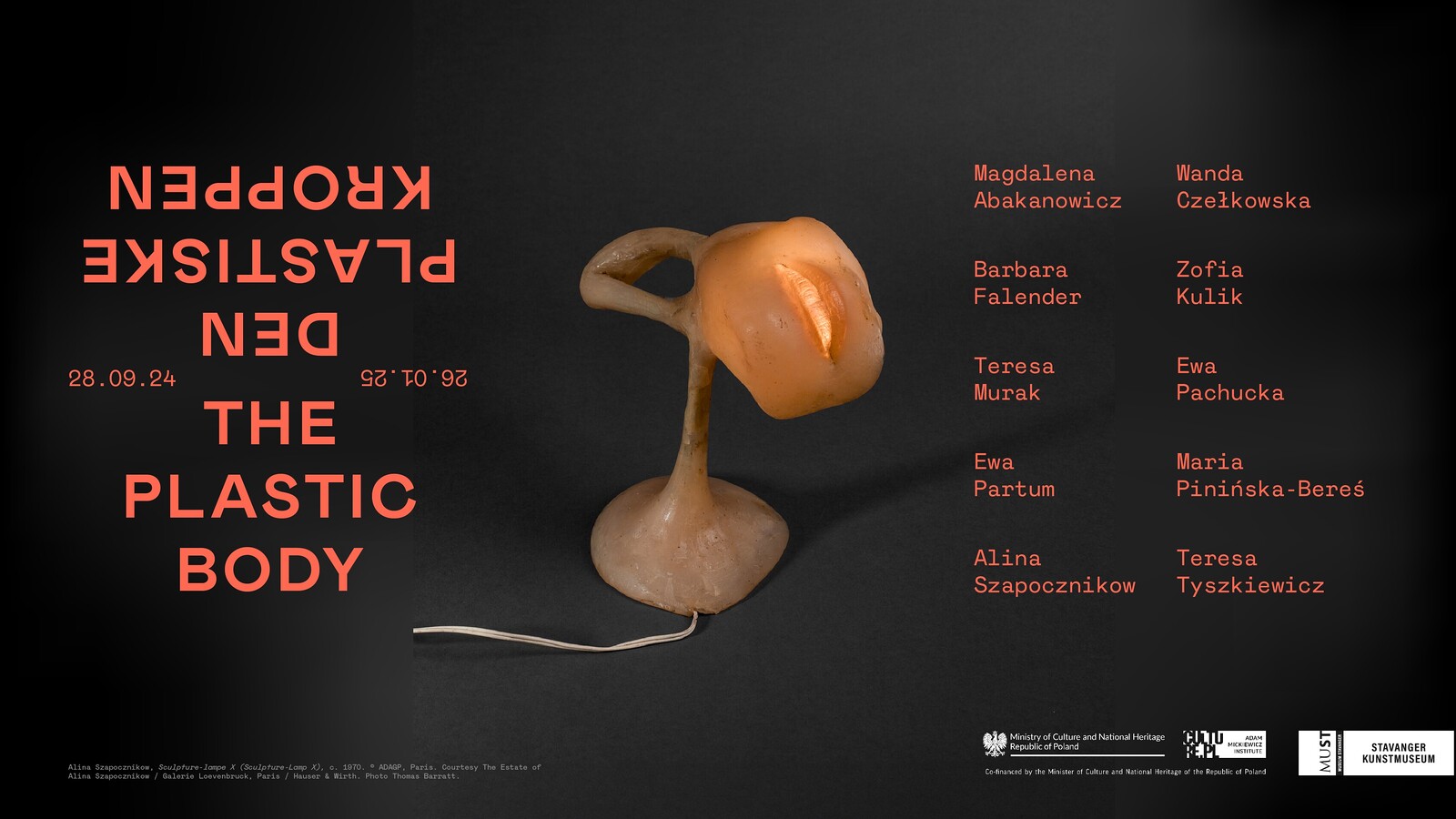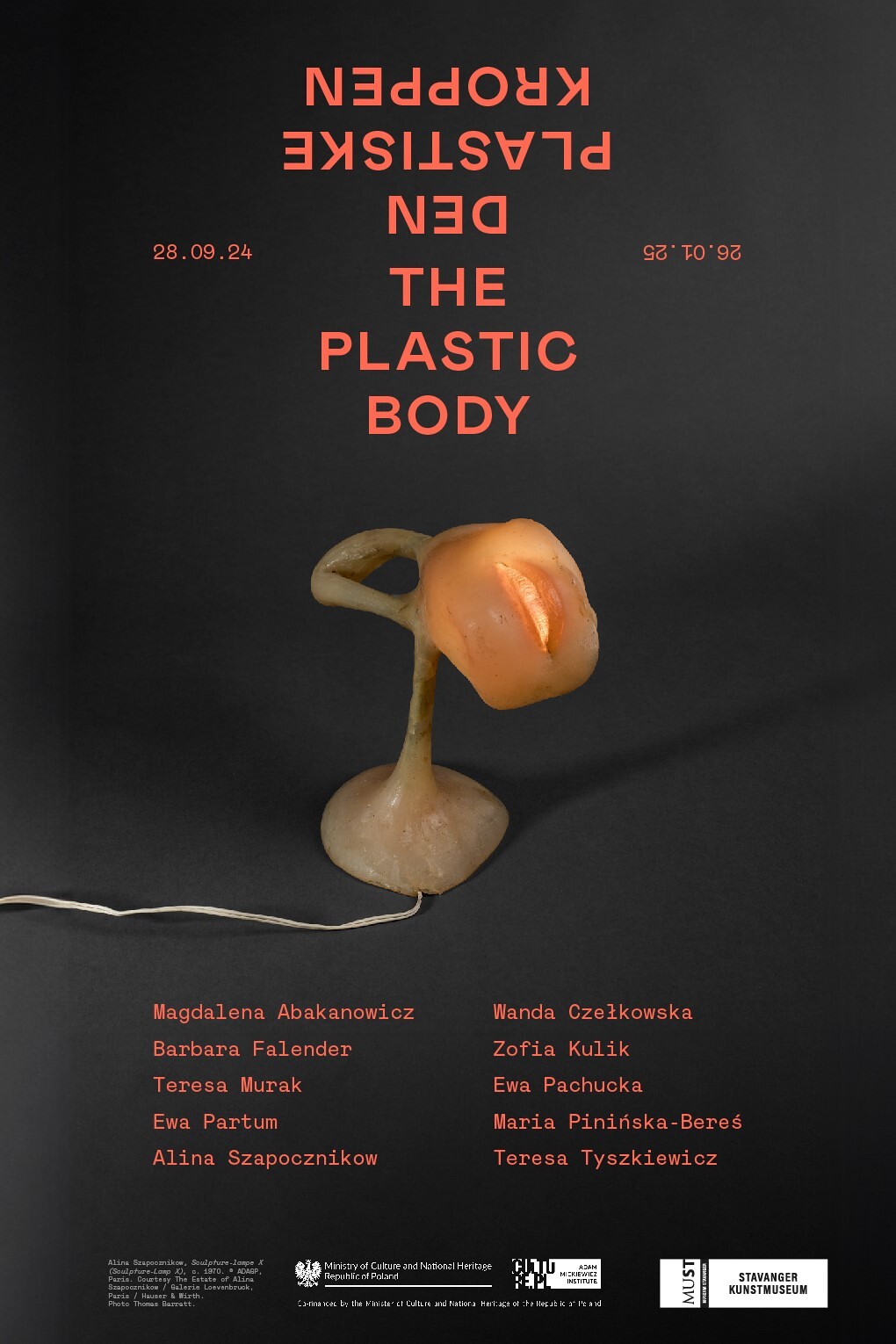Brian Jungen & Duane Linklater
Modest Livelihood
Until 3 February 2013
Artists’ talk Wednesday, January 23, 6:30pm at the Logan
Center Penthouse, organized by the Open Practice Committee and followed by a reception in the Logan Center Gallery
Logan Center Exhibitions
Reva and David Logan Center for the Arts
University of Chicago
915 E. 60th Street
Chicago, IL 60637
T +1 773 702 6082
arts.uchicago.edu/logan/gallery
Logan Center Exhibitions and the Open Practice Committee welcome Brian Jungen and Duane Linklater at the University of Chicago’s Reva and David Logan Center for the Arts for a talk in conjunction with the artists’ exhibition Modest Livelihood.
Jungen and Linklater’s exhibition centers on their joint film project, which departs from two hunting trips on Dane-zaa Territory in Northern British Columbia that the artists undertook in the fall and winter of 2011. The film footage gathered in the process has been translated into two film works, which do not fit easily into any single genre but raise questions of self-determination, self-representation and the sharing of knowledge.
For both artists, the act of hunting remains fundamental to their First Nations identities (Jungen is of Dane-zaa and European ancestry while Linklater is Omaskêko Cree), yet it is deeply fraught with the debate over the current legal status of ancestral ways of living. Indeed, the recent rise of the Idle No More protest movement led by First Nations, Métis and Inuit peoples signals an intensification of the debate. In 1999, the Supreme Court of Canada upheld First Nations’ rights to fish and hunt on their own territory, but with the proviso that this activity did not exceed the sustenance of a “moderate livelihood,” which “includes such basics as ‘food, clothing and housing, supplemented by a few amenities,’ but not the accumulation of wealth.” The wording of the decision was highly controversial among native communities, given their dispossession and decimation at the hands of colonizers. As they carved nine hours of footage into a 50-minute film, Jungen and Linklater gave this legal jargon a poetic twist, asserting their own limits; hence Modest Livelihood.
Silent and slow, Modest Livelihood (2012) follows the artists as they follow an animal, speaking the language of naturalism to a natural landscape. In the steady gaze and the strong silence, one can detect certain echoes of Andrei Tarkovsky’s Stalker (1979) or his more auto-biographical Mirror (1975); attempts to document First Nations lives made by the National Film Board of Canada, such as Tony Ianzelo and Boyce Richardson’s Cree Hunters of the Mistassini (1974); and the deployment of earlier ethnographic lenses, like those of Edward S. Curtis or Robert J. Flaherty, who made Nanook of the North in 1922. But listing such references, one realizes this may be a compulsive response to the utter discomfort of confronting a film that is as stripped of effect as the moose may be stripped of its skin.
The film recently premiered as a chapter of dOCUMENTA(13), organized at the Banff Centre for the Arts in the summer and fall of 2012. Its subsequent presentation at the Logan Center gives both artists another chance to combine working methods. At the Logan Center Gallery, Jungen and Linklater have experimented with a fragment of their original footage, constructing a looped projection in the adjacent gallery titled lean (2012).
The current exhibition aims to extend the dialogue between Jungen’s predominantly sculptural practice and Linklater’s interest in the moving image, pedagogy and performance. It is also an opportunity to learn from their shared attempt to find forms for experiences, which are particular to their positions as contemporary First Nations artists, yet impact the broader cultural ecology.
Sponsored by The Open Practice Committee, The Chicago Center for Contemporary Theory and UChicago Arts.



